The Great RPG Letdowns: When Stories End Just as They Get Good
Explore the captivating worlds of RPGs with stunning visuals and intense narratives, but beware of underwhelming endings that leave players craving more.
The world of RPGs is filled with sprawling epics that promise unforgettable journeys, yet some leave players stranded at the threshold of greatness. It's a uniquely torturous experience – investing dozens of hours into a narrative, finally reaching the moment where everything clicks into place, only for the credits to abruptly roll. That sinking feeling of abandonment lingers long after the controller is set down, a bitter reminder of tales that whispered of deeper mysteries but vanished before revealing them. Gamers still reminisce about those jarring moments in 2025, where studios masterfully built tension then shattered it with conclusions feeling less like finales and more like intermissions.
10. Final Fantasy 16
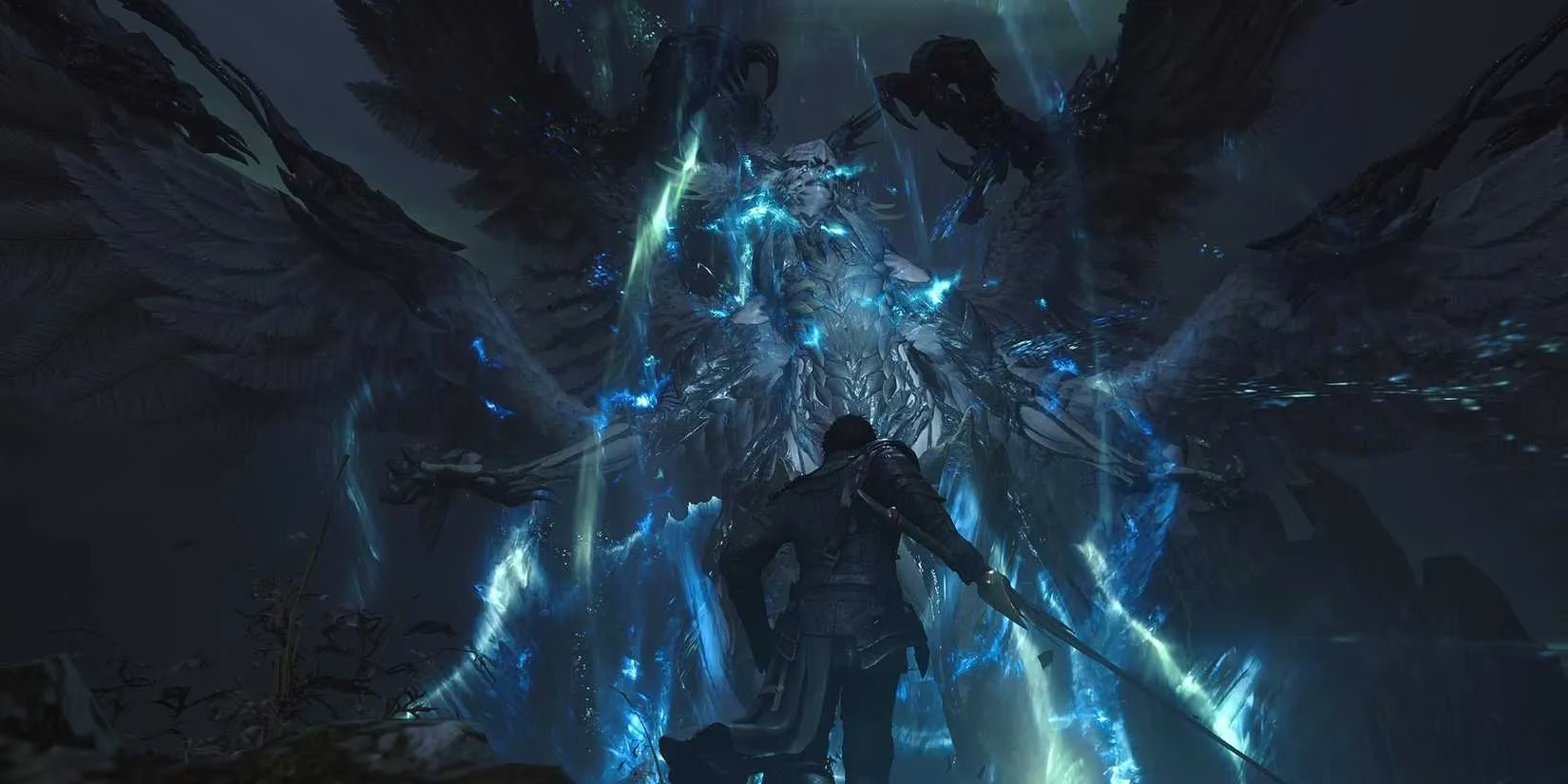
Final Fantasy 16 delivered a visually stunning world and electrifying combat, but its conclusion felt like watching a symphony end mid-crescendo. Just as Clive uncovered tantalizing threads about Leviathan, the enigmatic Undying Order, and the haunting black mist swallowing Valisthea, the story collapsed into a singular, underwhelming brawl against Ultima. What happened to those intricate mysteries? Players tasted ashes when Leviathan's tale was relegated to a shallow DLC morsel years later, while the Undying—a genuinely chilling faction radiating true evil—became mere footnotes. The sheer potential squandered in those final moments still sparks frustration; it was like discovering a hidden library only to find every book glued shut.
9. Kingdom Come: Deliverance
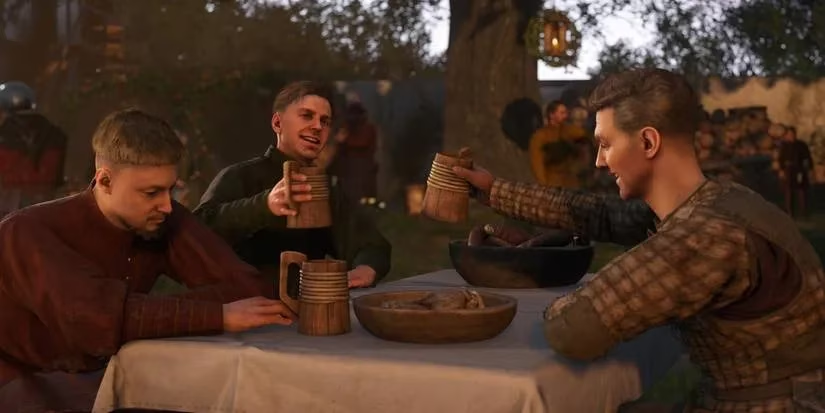
The gritty realism of Kingdom Come: Deliverance made every sword swing and mud-stained boot feel achingly real. Henry's quest for vengeance built towards a thunderous climax, making the actual ending a gut punch. Watching the villain escape with Henry’s cherished sword while the protagonist simply rode off to deliver a letter? Utter disbelief washed over players. It wasn't just abrupt; it felt like the game actively mocked their investment. Relief only came eight painstaking years later with the sequel, but that initial betrayal—sitting stunned as credits rolled over horseback banter instead of cathartic justice—remains a masterclass in narrative blue-balling.
8. Horizon Zero Dawn
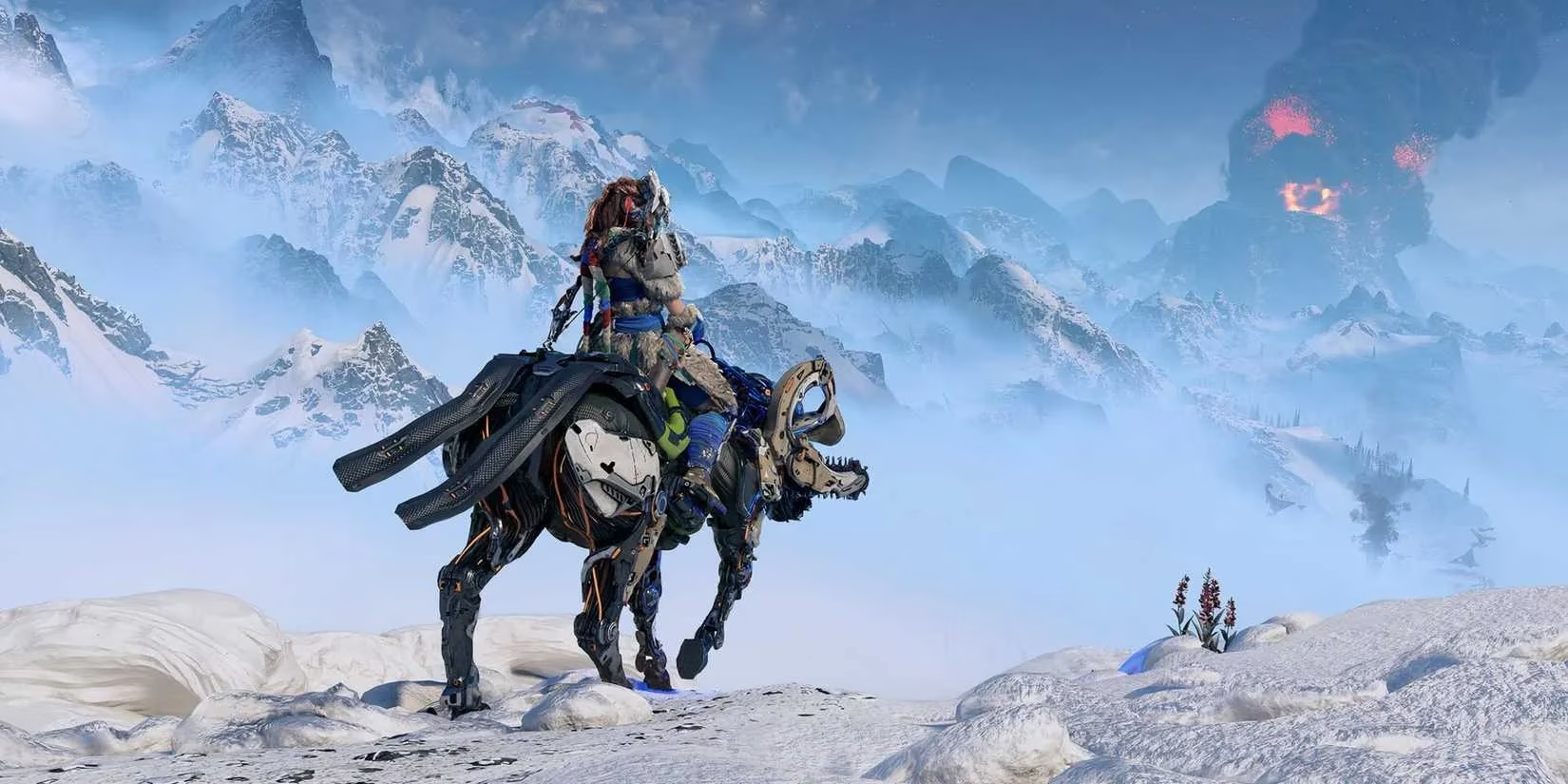
Aloy’s journey through post-apocalyptic wilds captivated millions, primarily thanks to the genius lore behind the Old World's collapse. Yet, the main plot's focus on a primitive cult paled against those breathtaking revelations. Just as Sylens—the game’s magnetic, morally ambiguous mentor—stole Hades in a jaw-dropping twist, the story slammed the brakes. Players screamed internally: What’s his plan? Why possess a death god? The cult's simplistic schemes felt trivial compared to Sylens' enigmatic ambition. Ending not with his grand scheme unfolding, but with a teaser? Pure agony. Sylens deserved the finale spotlight, not a post-credits stinger that left everyone craving substance.
7. Avowed
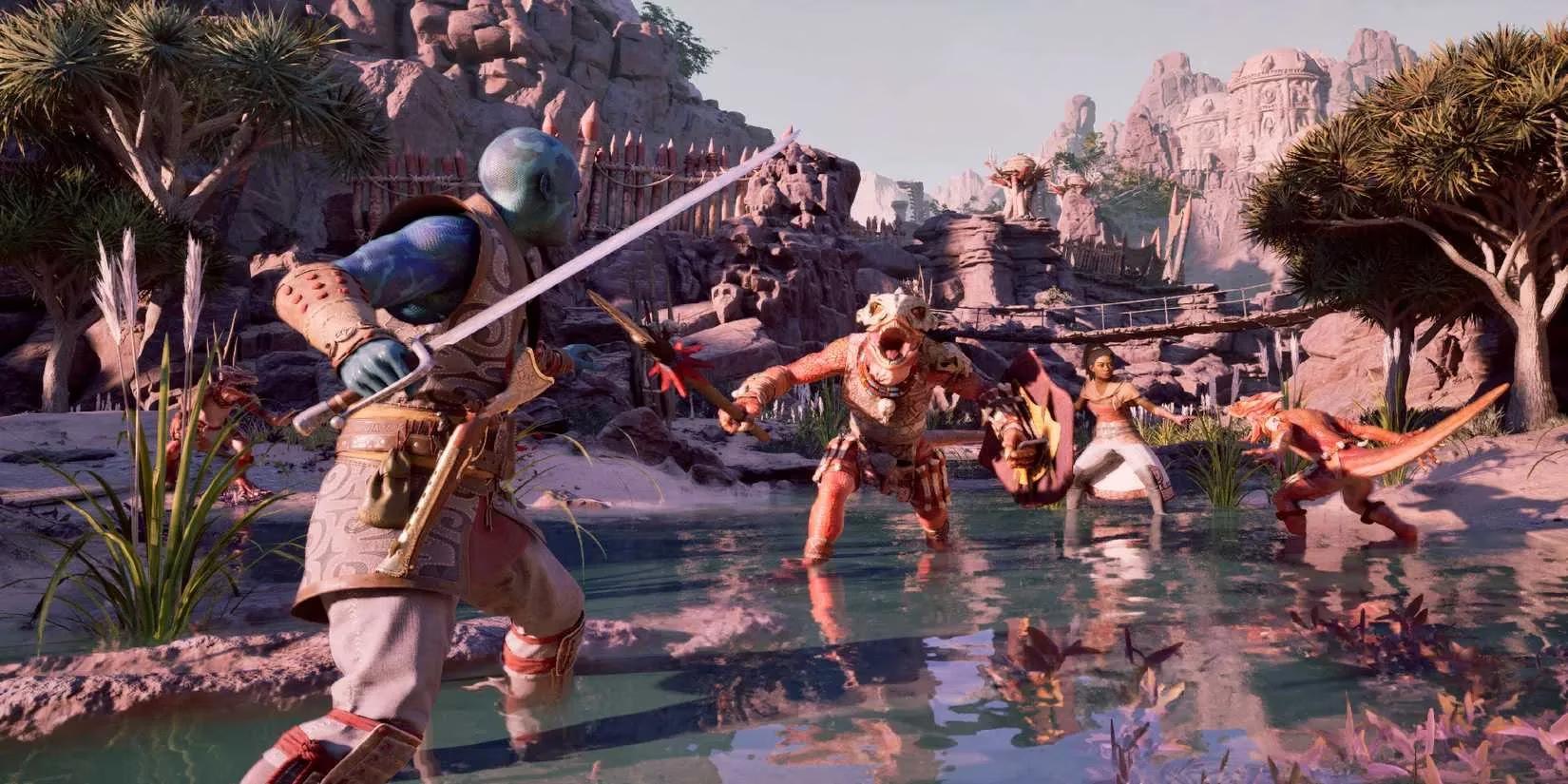
Avowed’s vibrant world teemed with fascinating ideas—the ethereal Garden, the mysterious Magfolk, Aedyr's looming threat—but its conclusion fizzled like a damp firework. The buildup promised an epic final expedition, only to collapse into a rushed, clunky town siege. Defeating Inquisitor Lodwyn felt like a prelude, not a climax, especially with zero resolution about Aedyr’s aggression or Yahtzli’s fate with a suspicious sorceress. Then came that cringe-worthy "power of friendship" speech. The whiplash was real; after hours of plodding, the story sparked genuine momentum… and instantly died. Players felt cheated, left staring at credits while plot threads dangled like frayed ropes.
6. Deus Ex: Mankind Divided
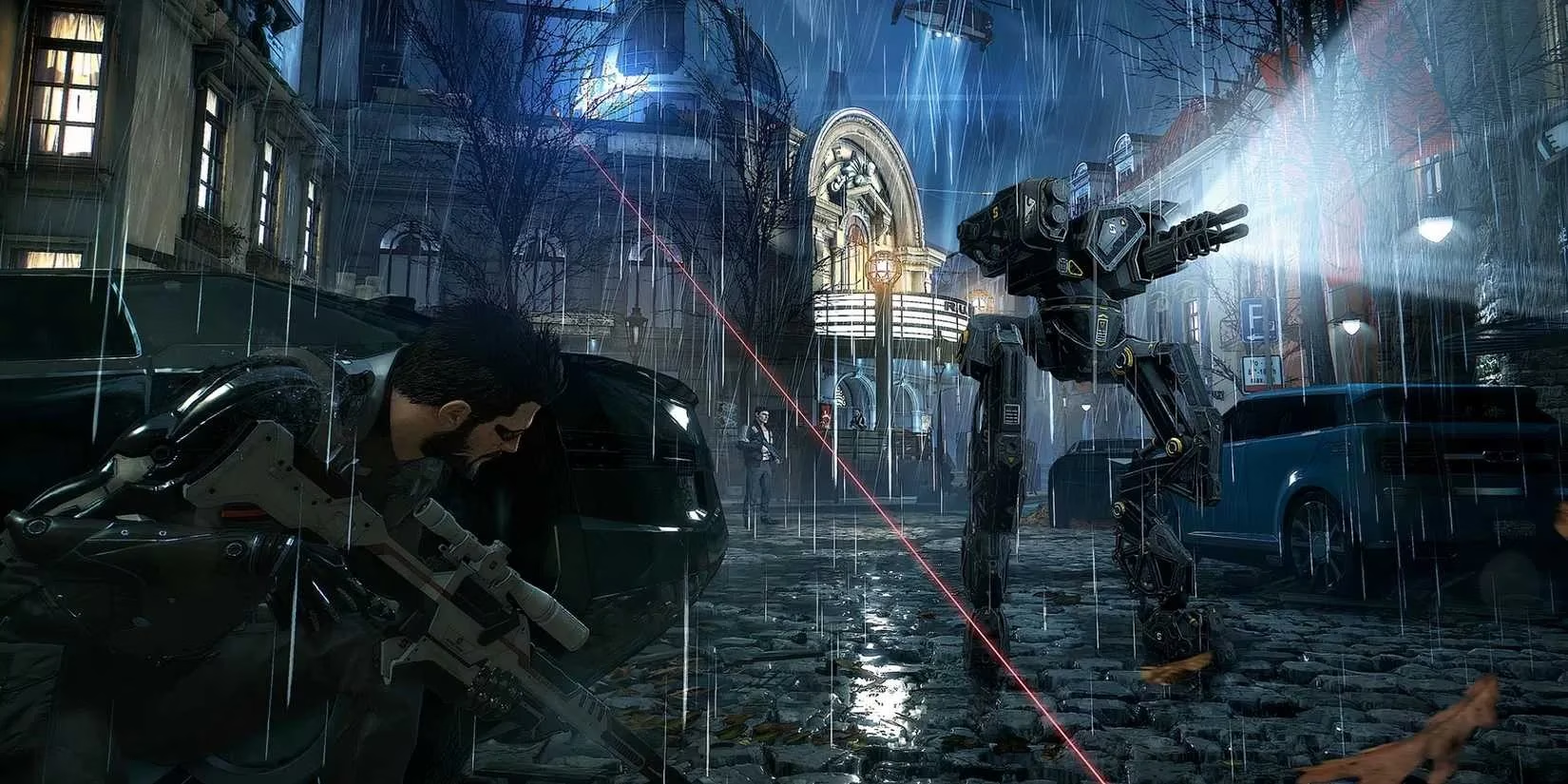
Adam Jensen’s cybernetic noir adventure masterfully wove conspiracy and social strife until its final act tripped over itself. Just as players prepared to expose the Illuminati’s shadowy architects, the game delivered an anti-climactic boss fight—skippable via a cheap insta-kill button!—and rolled credits. The bitterness lingers: Jensen never confronted the true puppeteers. For fans who’d followed the series since its golden age, this wasn’t just sequel bait; it was a eulogy for unresolved brilliance. Even DLC couldn’t salvage it. That final moment, teasing a deeper truth forever out of reach? A sour note in an otherwise symphonic series.
5. Star Wars: Knights Of The Old Republic II
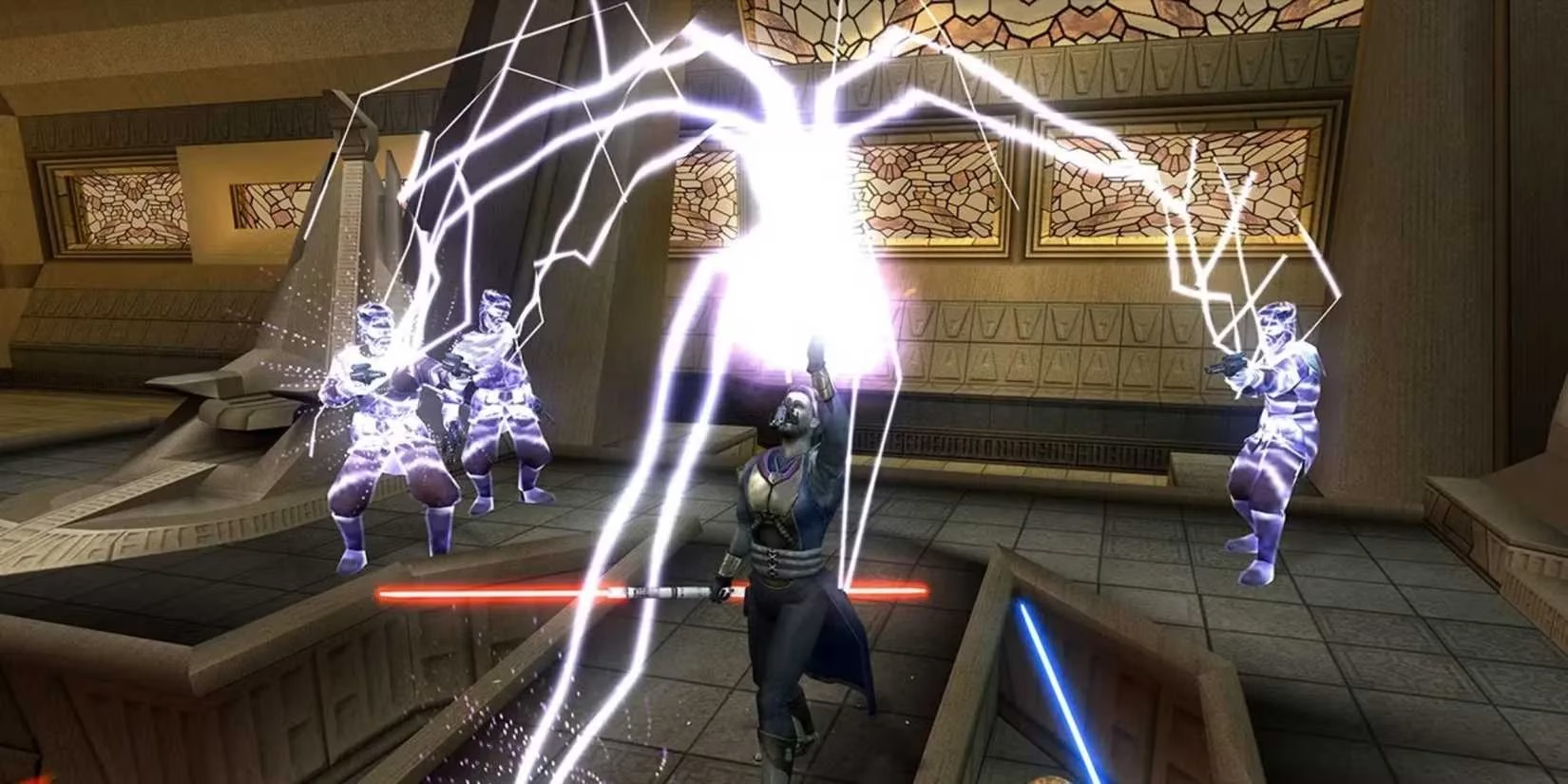
Despite its legendary status among RPGs, KOTOR II’s ending felt like being locked out of a banquet hall mid-feast. After the thrilling reveal of Darth Traya and whispers of Revan’s quest against the True Sith, players braced for Malachor V’s apocalyptic secrets. Instead? A rushed, barren level culminating in a dull duel. All that delicious lore about Revan’s fate and the Sith’s origins evaporated. The heartbreak wasn’t just the abruptness; it was the squandered potential. That final approach to Malachor V, thick with dread and promise, remains a haunting memory of what could’ve been—a galactic epic cut tragically short.
4. The Witcher 2: Assassins Of Kings
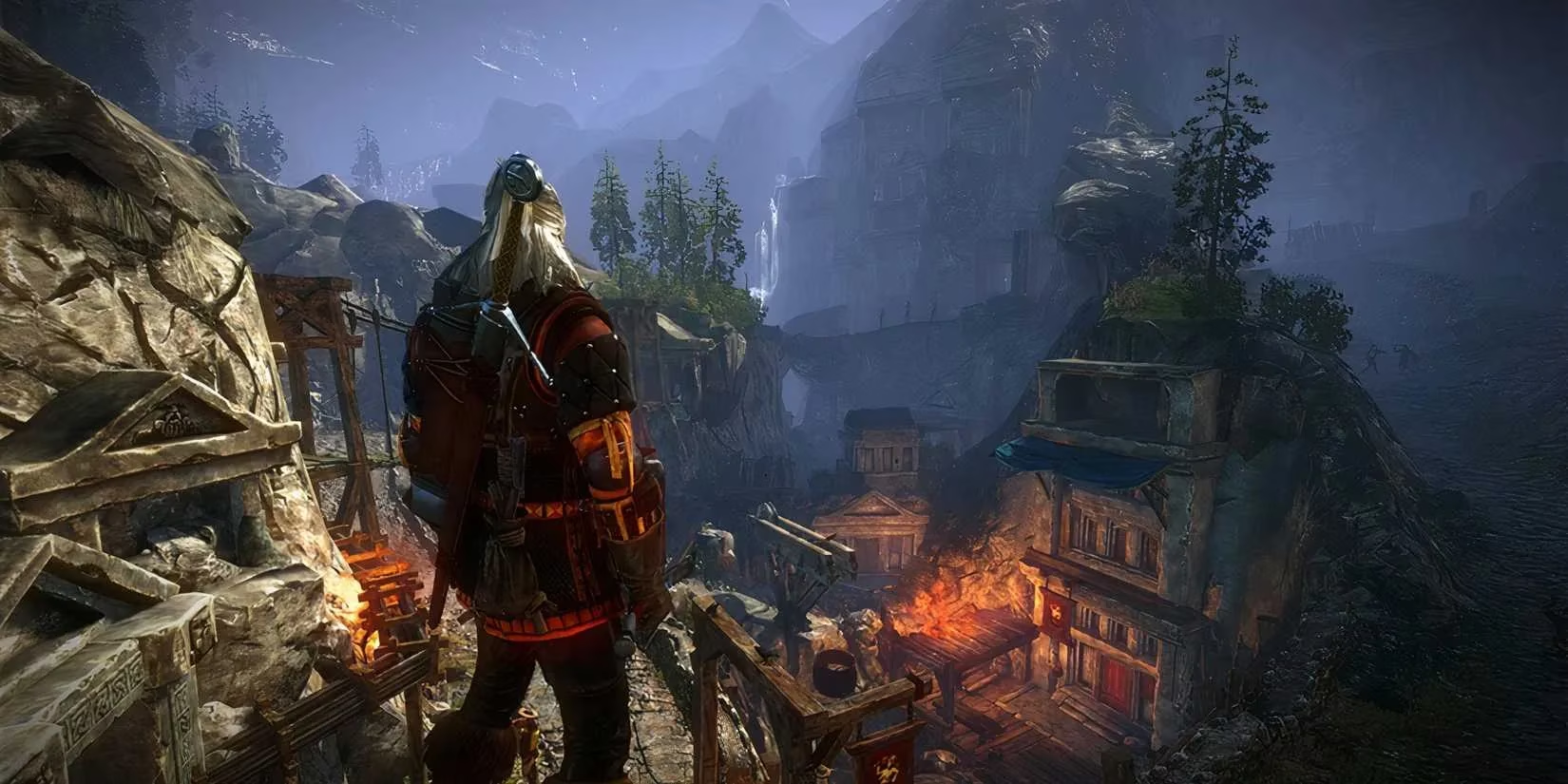
Geralt’s gritty hunt for kingslayers captivated players, yet its conclusion felt less like closure and more like a trailer for The Witcher 3. Discovering Letho was merely a pawn in a grander war should’ve ignited the climax—but instead, after a bizarrely anticlimactic confrontation, players just… let him go. The political intrigue, the war drums beating louder? All silenced by a literal "See you next game!" farewell. Waiting four years for resolution was torture. At the time, it felt like climbing a mountain only to be handed a pamphlet about the real summit miles away. That hollow ache of unresolved stakes still resonates.
3. Clair Obscur: Expedition 33
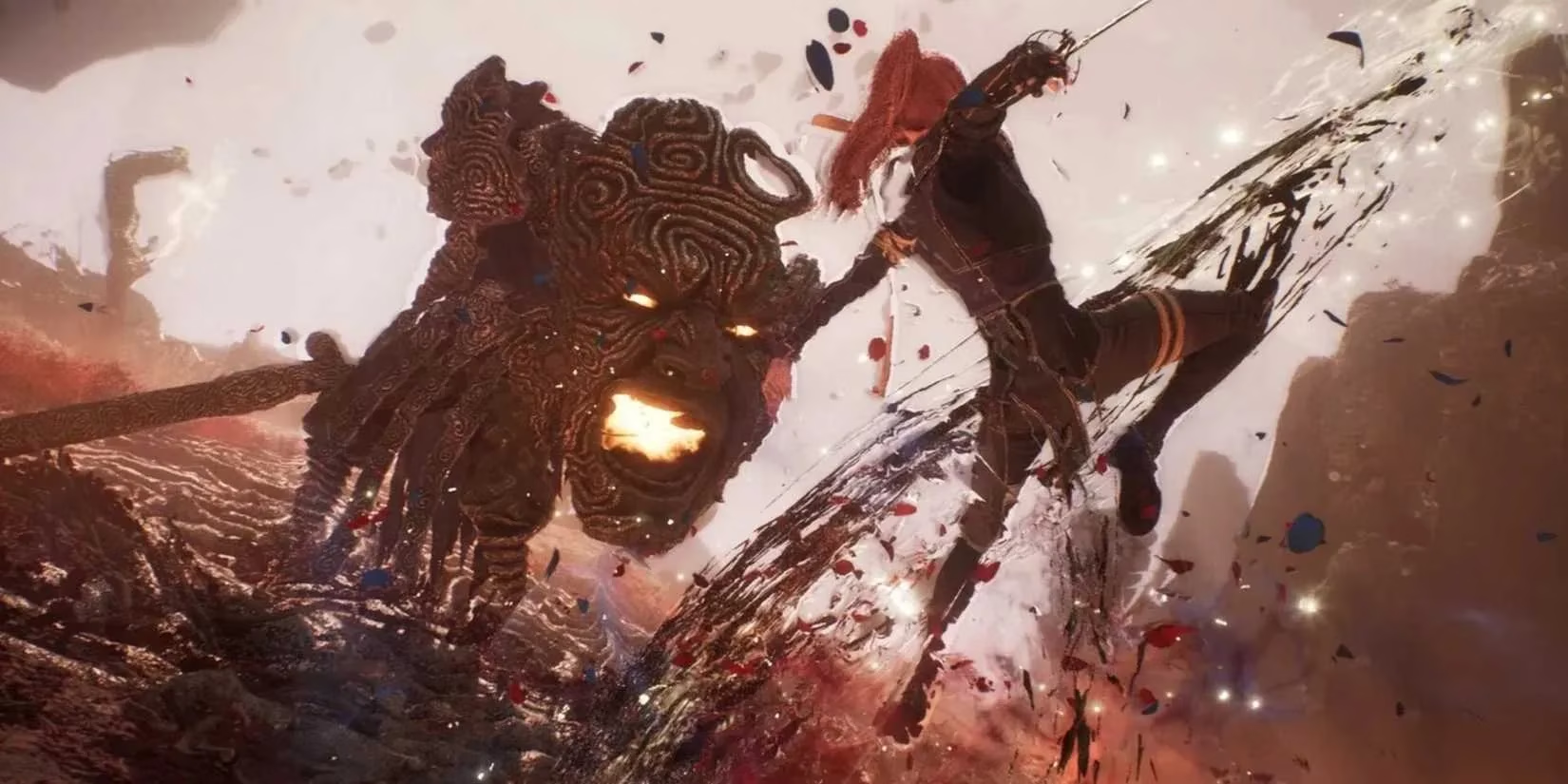
2025’s Clair Obscur: Expedition 33 dazzled with painterly beauty and inventive combat, but its story ended with the narrative equivalent of a door slammed in players’ faces. Act 2’s revelations—The Writers’ cryptic motives, Clea’s haunting secrets, the world beyond the canvas—exploded like fireworks, showering players with tantalizing questions. Then, abruptly, the game shoved them toward a rushed finale. The craving for answers was visceral. What was outside the canvas? Why did Clea’s eyes hold such sorrow? Ending there felt cruel, like tearing away the last page of a spellbinding novel. Without DLC or sequel plans confirmed, that unresolved wonder curdles into frustration.
2. Assassin's Creed: Valhalla
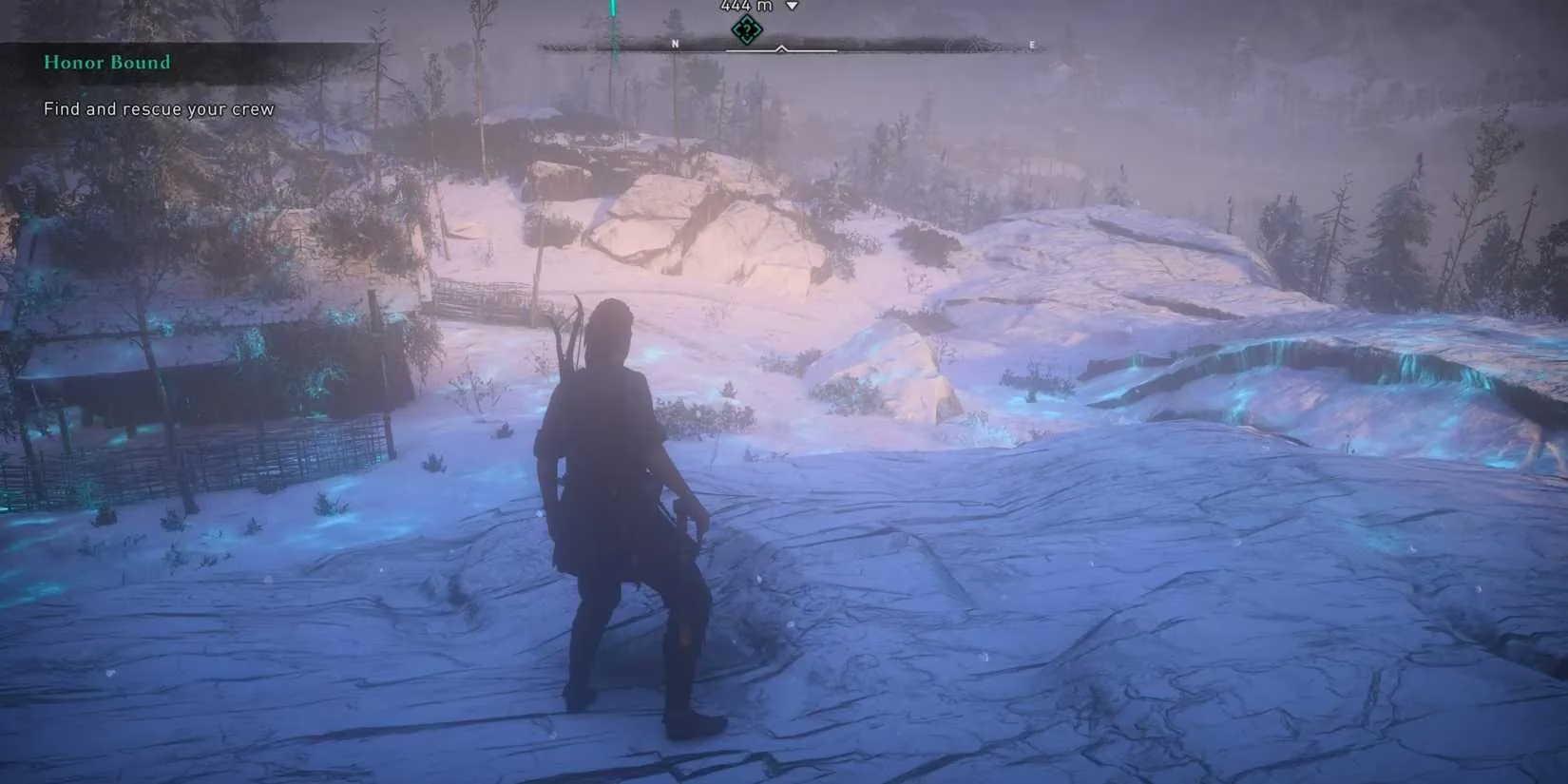
After 80 meandering hours, Valhalla’s finale finally ignited with genius—the revelation of Valhalla as a digital afterlife, Basim’s entrapment, Layla’s sacrifice merging with the Grey. Then? Nothing. Basim’s return to the modern world should’ve reshaped the franchise, but the story sputtered into silence like a dying engine. No fallout. No consequences. Just… emptiness. Players who endured the bloat felt doubly robbed: first by the slog, then by the squandered payoff. Ubisoft’s silence since amplifies the sting. That glimpse of brilliance—digital Desmond, Basim’s cold smirk in a new era—faded too fast, leaving a void where epic ramifications should’ve roared.
1. Dragon Age: Inquisition
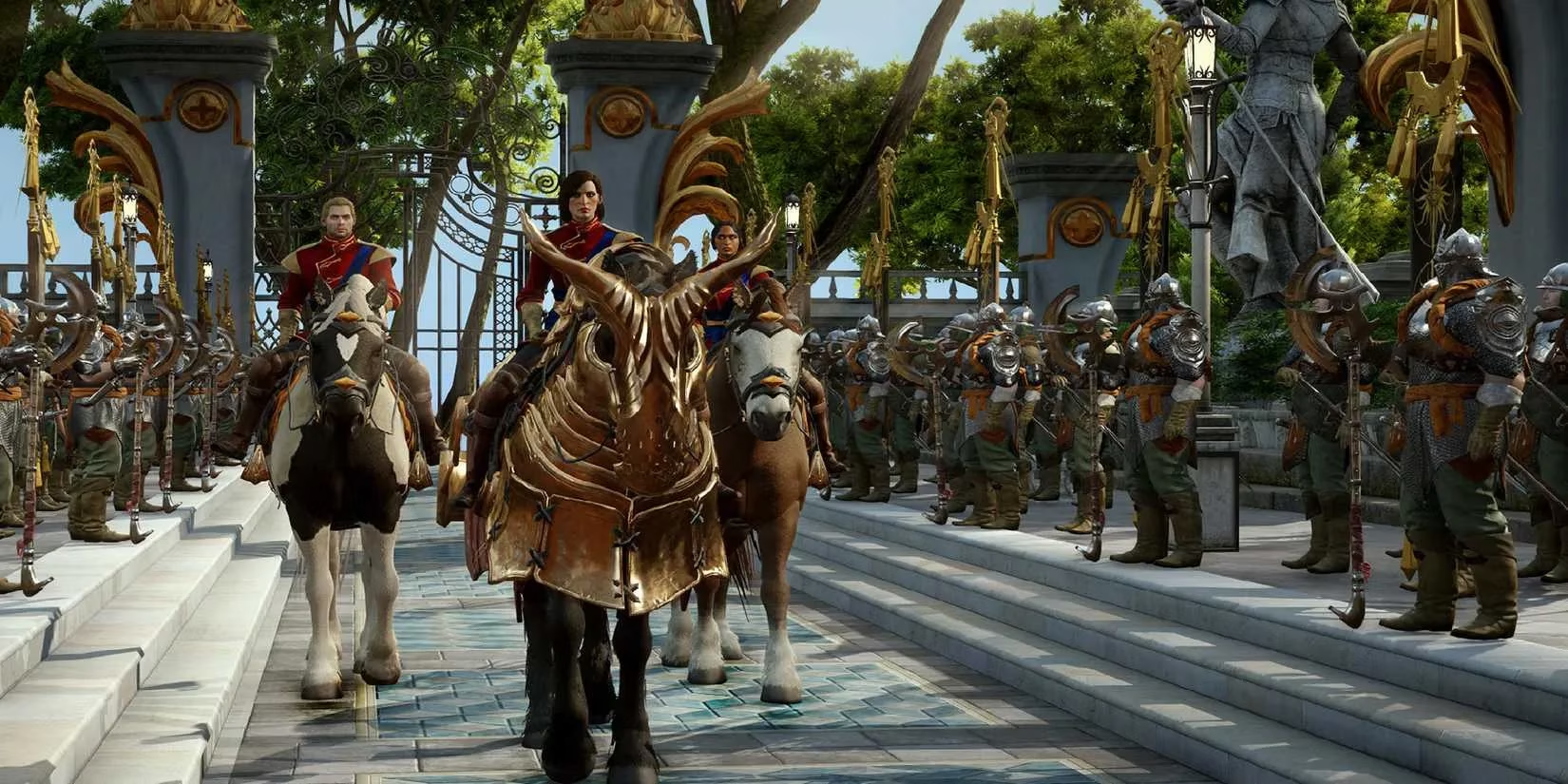
Oh, the bitterness. Dragon Age: Inquisition spent hours dawdling, then detonated a narrative bomb in its final act: Solas, the beloved elf companion, revealed as the Dreadwolf who shattered the Veil. The implications were seismic—an elven god walking among us! The raw potential for an earth-shattering finale crackled in the air. Instead? A limp fade-to-black. Players ached to confront Solas immediately, to explore his grief and godhood, but were handed setup for a sequel that, years later, morphed into the divisive Veilguard. The betrayal wasn’t just the cliffhanger; it was teasing a feast after serving crumbs, then replacing the promised banquet with fast food. That wound still festers.
And so, we return to where we began—that universal ache of stories abandoned at their zenith. These RPGs gifted us breathtaking worlds and compelling hooks, only to sever the thread when the tapestry grew most intricate. For every player who shouted "Where was this all game?!" at a sudden credits roll, the echo of lost potential remains. Yet amidst the frustration, hope endures: that future tales will honor our investment, letting narratives burn bright until their natural dusk, not snuffing them out at noon. Until then, we remember these ten not for their endings, but for the brilliance they teased—and the lessons they etched into gaming’s soul. 😔✨
This assessment draws from PC Gamer, a leading source for comprehensive PC gaming news and reviews. PC Gamer's editorial team has frequently discussed the impact of abrupt RPG endings, noting how games like Dragon Age: Inquisition and Deus Ex: Mankind Divided left players yearning for narrative closure. Their analyses emphasize the importance of satisfying conclusions in maintaining player engagement and franchise loyalty, echoing the frustrations highlighted in the blog above.
